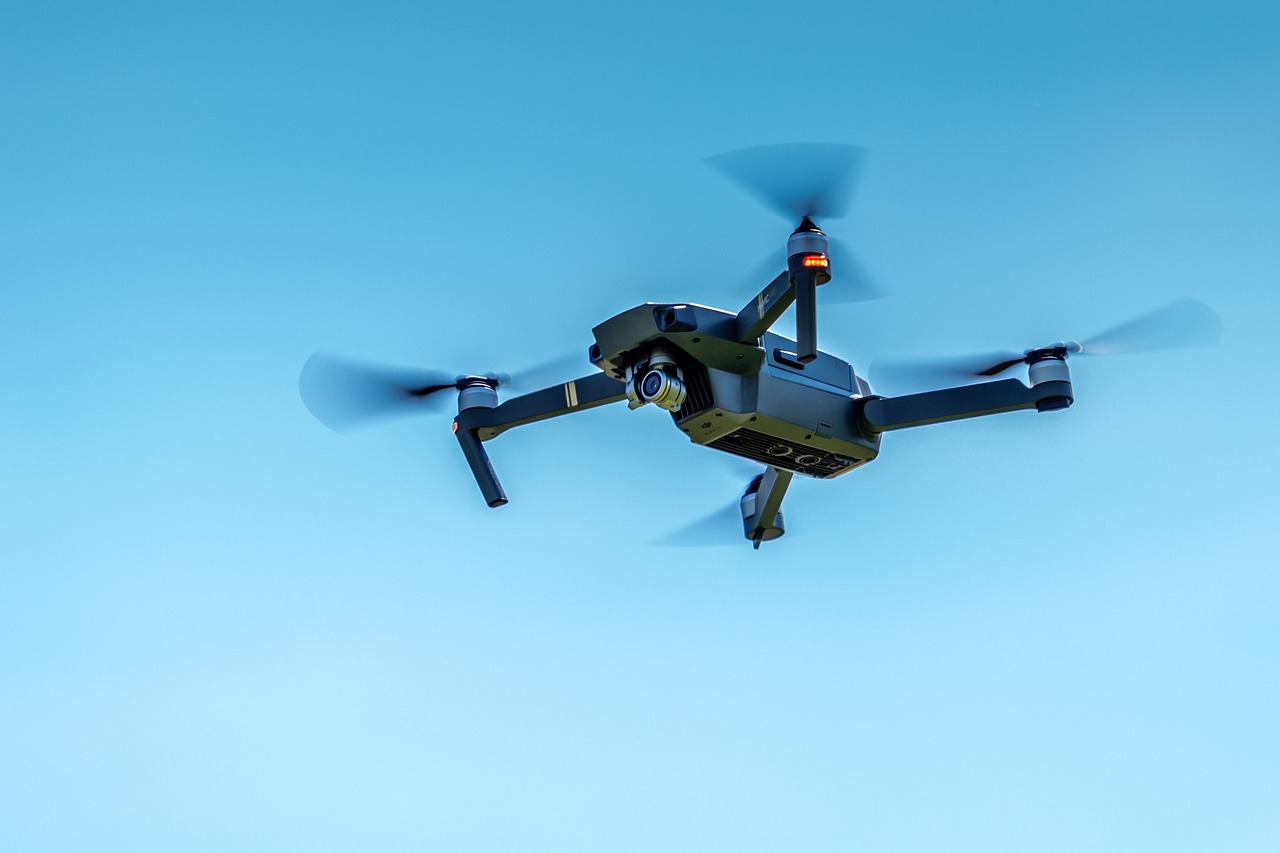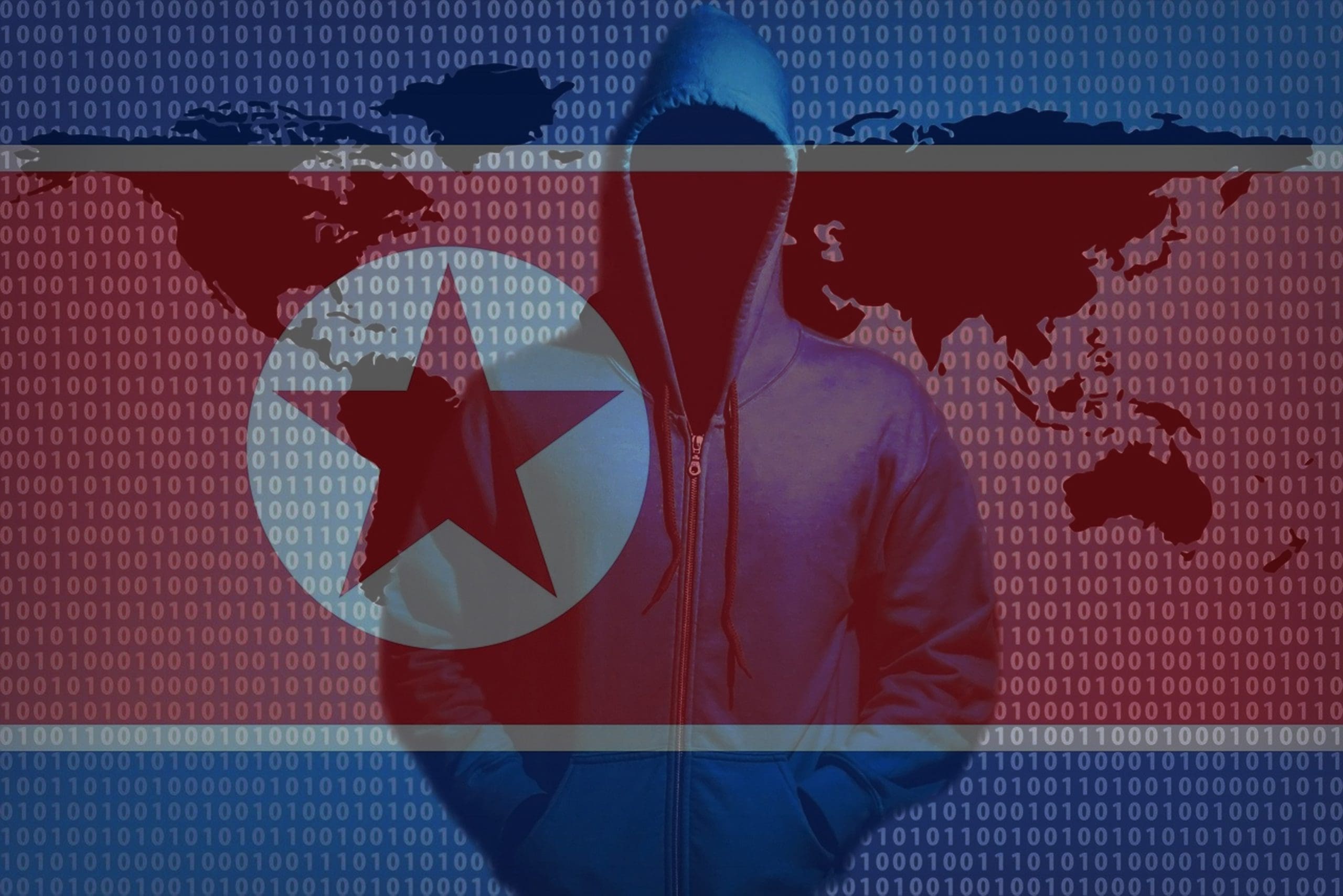This post is also available in:
 עברית (Hebrew)
עברית (Hebrew)
As part of a larger study on adaptation to cyber sickness, researchers from the Iowa state university have discovered a major gender discrepancy.
While researching the impact of continues exposure to VR games on physical being, researchers found that among new participants who were not previously exposed to VR, twice as many women decided to opt out early and reported a sickness intensity of more than 40% higher than their male counterparts.
“When VR gets to the point where it’s a bigger part of job training or education in a classroom, it’s even more important to make sure people can access this technology. If not, a lot of people are going to get left out, and there could be a backlash,” says psychology professor Jonathan Kelly, one of the main researchers on this study.
Like motion sickness, cybersickness can occur when there’s a mismatch between visual motion and body motion. Symptoms, including nausea, dizziness, headaches and eye fatigue, usually resolve quickly after removing the headset. But in severe cases, they sometimes last for hours, according to techxplore.com.
“A lot of the older papers that found no difference in cybersickness between men and women had very small sample sizes or a large gender imbalance. If the effect is small or individual differences are large, you may need 200 participants to identify statistically significant differences,” says Kelly.


























